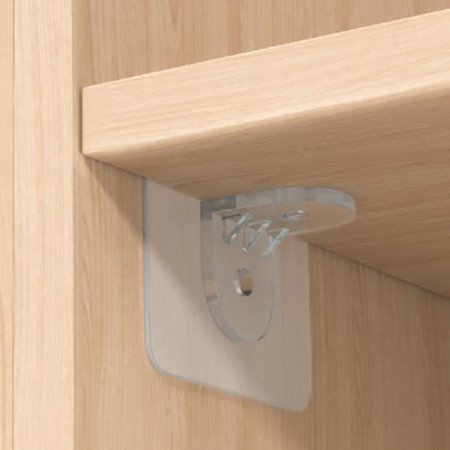UK-French MMCM programme achieves milestone with USV safety trials
RNMB Apollo being passed by a Hunt-class MCM vessel during trials in December 2022 that took place as part of the Anglo-French Maritime Mine Counter Measures programme, which is delivering autonomous capability for both the Royal Navy and the Marine Nationale. (Thales)
The UK Royal Navy's (RN's) unmanned surface vessel (USV) RNMB Apollo has completed a series of navy and industry open water assurance trials claimed by Thales to be the first UK military clearance of its kind.
The safety trials, which were delivered under the joint UK-French Maritime Mine Counter Measures (MMCM) programme, proved that remotely controlled USVs can be operated by a team from a shore-based station and represent a critical stepping stone towards certification of autonomous maritime systems for operational use, Thales said.
The trials were conducted by the RN's Maritime Autonomous System Trials Team (MASTT), with support from Thales, off Weymouth Bay in December 2022. They were observed and approved by representatives from the UK Naval Authority and Technology Group (NATG) and the UK Ministry of Defence's Mine Hunting Capability (MHC) team.
RNMB Apollo is a 12 m-long USV built by L3Harris under subcontract to Thales. It is fitted with a combination of sensors, including radar, LIDAR (light detection and ranging), and electro-optical and infrared cameras.
During the trials, RNMB Apollo completed a series of tasks during which it continuously transmitted its position to operators in the shore-based command-and-control (C2) centre over a secure communications network. According to Thales, this connection enabled the C2 software to integrate the sensor inputs into a single coherent tactical picture using Thales' M-Cube MCM mission management software. It also enables the vessel to detect and track other vessels and take appropriate actions, such as remotely controlled avoidance manoeuvres.




























